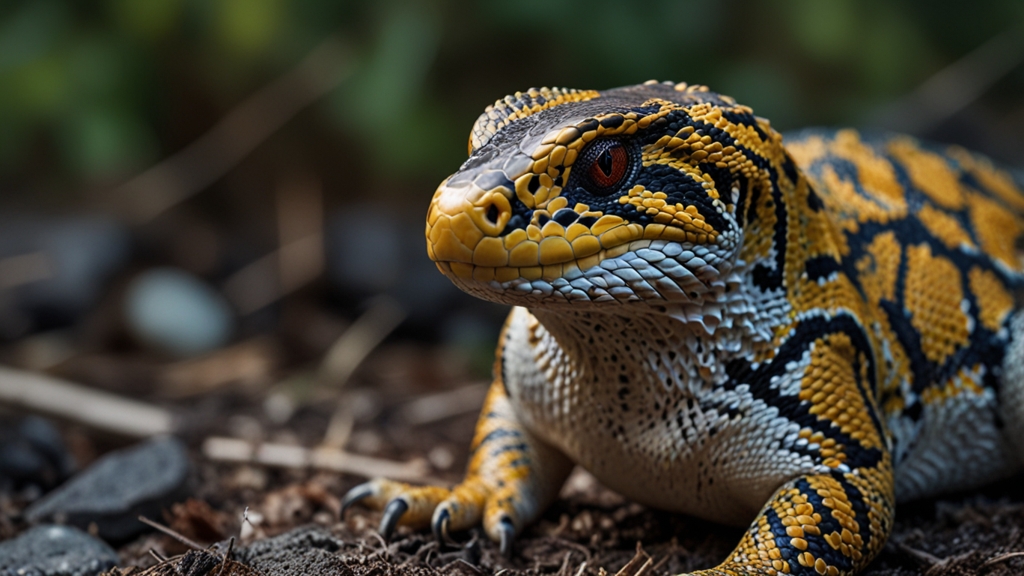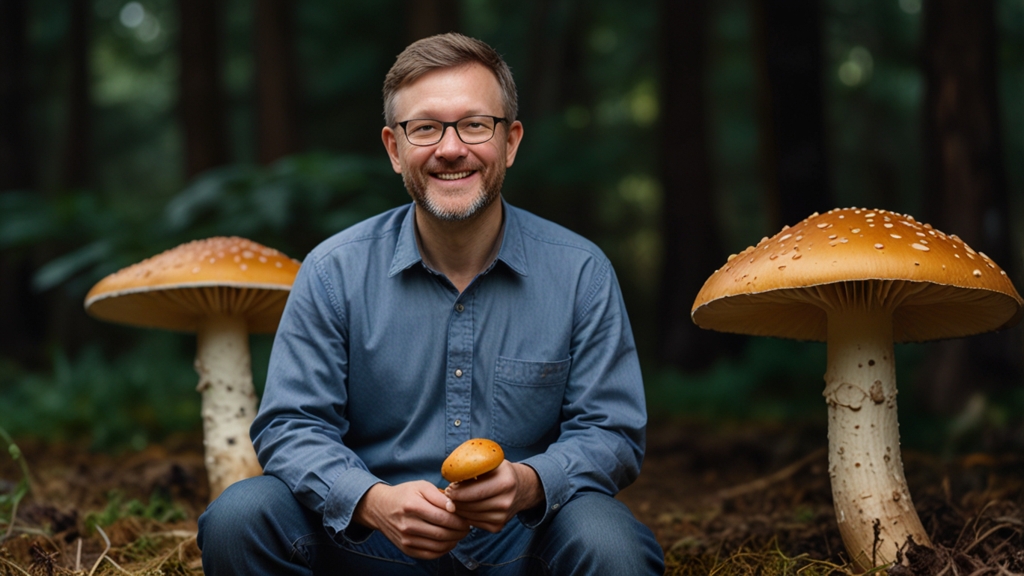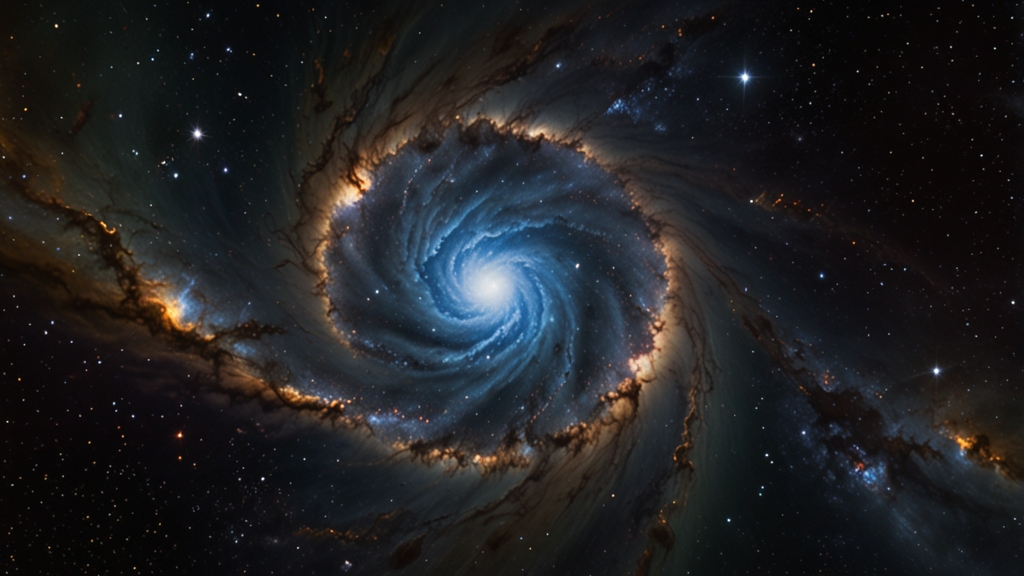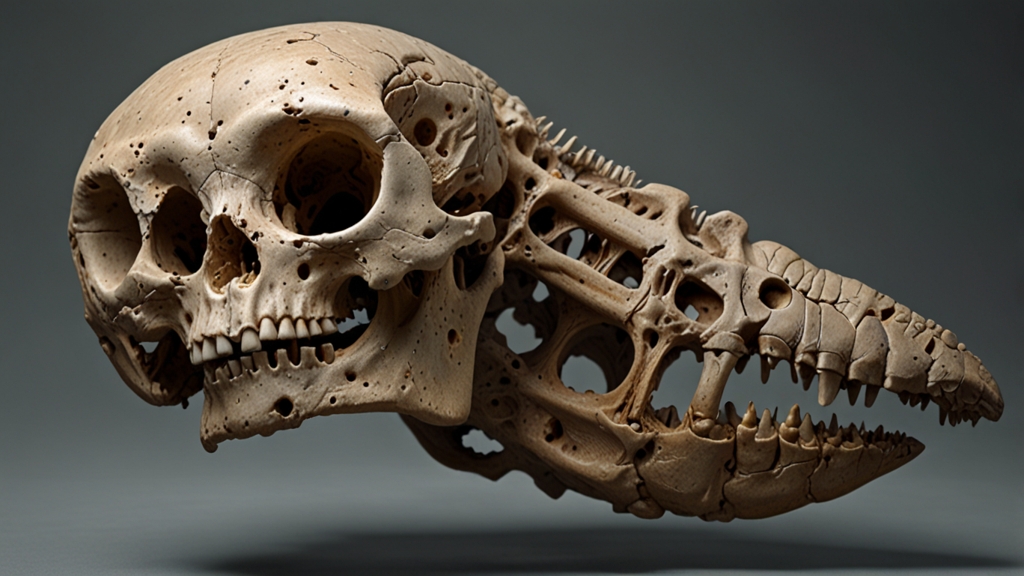The Silent Crisis: Endangered Species at the Brink of Extinction
Our planet is facing a silent crisis that doesn't always make the headlines: the rapid decline of wildlife and the increasing number of endangered species. This crisis is a result of various factors, including habitat destruction, climate change, poaching, and pollution. As more species edge closer to the brink of extinction, the ripple effect on ecosystems and human well-being becomes more apparent. It is a global problem that requires immediate attention and concerted efforts from all sectors of society.
The Accelerating Rate of Extinction
Extinction is a natural process, but the current rate is alarming. Scientists estimate that species are disappearing at a rate 1,000 to 10,000 times the natural background rate. This accelerated pace is largely due to human activities. For example, deforestation for agriculture and urban development destroys the habitats of countless species. Marine ecosystems are not spared either; overfishing, coral bleaching, and ocean pollution are threatening marine biodiversity.
"The loss of species is like losing rivets from an airplane. Each one provides a small but critical function, and losing too many can cause the whole plane to crash." - Dr. Jane Goodall
Iconic Endangered Species
Several species have become emblematic of the fight against extinction. Among them are the majestic African elephants, which are targeted for their ivory tusks. Their population has plummeted by 62% over the last decade. Similarly, tigers, which once roamed widely across Asia, now number less than 4,000 in the wild due to habitat loss and poaching.
Another critically endangered species is the vaquita, a small porpoise found in the Gulf of California. With fewer than 30 individuals left, the vaquita is at the edge of extinction, primarily due to illegal fishing practices. The loss of these species doesn't just mean the disappearance of unique animals but also the loss of biodiversity that supports ecosystem stability and resilience.
The Importance of Biodiversity
Biodiversity is not merely about the variety of species; it underpins ecosystems that provide essential services to humanity, such as clean water, pollination of crops, and climate regulation. The interdependence of species means that the extinction of one can have cascading effects on others, potentially leading to ecosystem collapse. For instance, bees and other pollinators are crucial for the production of many fruits and vegetables. A decline in their numbers could threaten global food security.
"Biodiversity is the very fabric of our lives. The future of humanity depends on it." - Sir David Attenborough
Conservation Efforts and Challenges
Conservation efforts are being made on various fronts to combat this crisis. International agreements like the Convention on International Trade in Endangered Species (CITES) aim to regulate the trade of endangered animals and plants. Protected areas and wildlife reserves provide safe havens for species to live and breed without human interference.
However, these efforts face significant challenges. Limited funding, lack of political will, and insufficient enforcement of laws hamper effective conservation. Moreover, climate change introduces new variables that make it harder for species to adapt. As such, conservation strategies must evolve to address these multifaceted threats. Community involvement, sustainable practices, and technological innovations like genetic rescue are some of the promising approaches being explored.
Your Role in Protecting Endangered Species
Individuals can play a pivotal role in this fight by supporting conservation organizations, adopting sustainable lifestyles, and advocating for stronger environmental policies. Educating others about the importance of biodiversity and the impacts of species loss can also create the momentum needed for change.
In conclusion, the silent crisis of endangered species at the brink of extinction is a pressing issue that demands immediate and sustained action. The survival of these species is not just about saving animals; it is about preserving the intricate web of life that sustains all of us. As Dr. Seuss aptly wrote in "The Lorax":
"Unless someone like you cares a whole awful lot, nothing is going to get better. It's not."
We must all heed this call to action to ensure a thriving planet for future generations.








